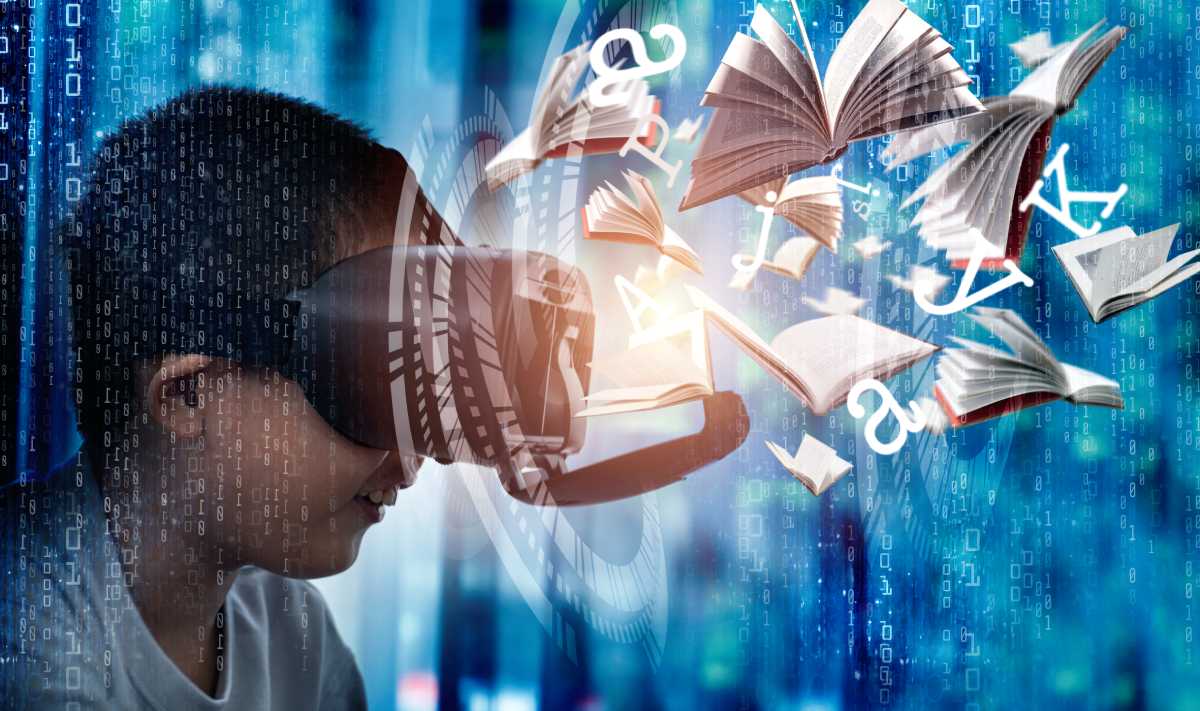The integration of AI in Education is revolutionizing the learning experience for both students and teachers. This blog explores the various opportunities that AI presents in the educational sector, enhancing the teaching and learning processes.
The Role of AI in Personalized Learning
AI in Education enables personalized learning experiences for students by analyzing their learning patterns and preferences. AI-powered platforms can adapt the curriculum to meet individual needs, providing customized resources and feedback.
AI-Powered Educational Tools and Applications
Numerous AI-powered educational tools and applications are available to assist both students and teachers. These tools include intelligent tutoring systems, automated grading software, and virtual learning assistants, which streamline administrative tasks and enhance the learning process.
Enhancing Student Engagement with AI
AI technologies can significantly boost student engagement by making learning more interactive and enjoyable. Gamified learning platforms, virtual reality experiences, and AI-driven educational games keep students motivated and interested in their studies.
AI in Education: Transforming Assessment and Evaluation
Assessment and evaluation processes are being transformed by AI in Education. AI can provide real-time feedback, conduct formative assessments, and analyze student performance data to identify strengths and areas for improvement.
Supporting Teachers with AI
AI in Education supports teachers by automating routine tasks such as grading and attendance tracking. This allows educators to focus more on teaching and engaging with students. AI also provides insights into student progress, helping teachers tailor their instruction to better meet students’ needs.
AI-Driven Insights for Educational Improvement
AI can analyze vast amounts of educational data to provide insights into the effectiveness of teaching methods and curricula. Schools and educators can use this data to make informed decisions about educational strategies and policies, ultimately improving the overall quality of education.
Ethical Considerations of AI in Education
While there are many benefits to integrating AI in Education, it is important to consider ethical implications. Issues such as data privacy, algorithmic bias, and the digital divide must be addressed to ensure that AI is used responsibly and equitably in the educational sector.
The Future of AI in Education
The future of AI in Education is promising, with continuous advancements expected to further transform teaching and learning. As AI technology evolves, it will open up new possibilities for personalized education, intelligent tutoring, and efficient administrative management, creating a more effective and engaging educational environment.
Conclusion
In conclusion, AI in Education offers a wide range of opportunities for both students and teachers. By leveraging AI technologies, educational institutions can provide personalized learning experiences, support teachers, and enhance student engagement. As we move forward, it is crucial to address ethical considerations and ensure that AI is used to create a positive and inclusive educational environment.
FAQs
- What is AI in Education?
AI in Education refers to the use of artificial intelligence technologies to enhance teaching and learning processes. - How does AI personalize learning?
AI personalizes learning by analyzing individual student data and adapting the curriculum to meet their specific needs. - What are some AI-powered educational tools?
AI-powered educational tools include intelligent tutoring systems, automated grading software, and virtual learning assistants. - How does AI improve student engagement?
AI improves student engagement through interactive platforms, virtual reality experiences, and gamified learning. - What are the benefits of AI in assessment and evaluation?
AI provides real-time feedback, conducts formative assessments, and analyzes performance data to identify strengths and areas for improvement. - How does AI support teachers?
AI supports teachers by automating routine tasks, providing insights into student progress, and helping tailor instruction to meet students’ needs. - What insights can AI provide for educational improvement?
AI can analyze educational data to provide insights into teaching effectiveness and help make informed decisions about educational strategies. - What are the ethical considerations of AI in Education?
Ethical considerations include data privacy, algorithmic bias, and ensuring equitable access to AI technologies. - What is the future of AI in Education?
The future of AI in Education includes advancements in personalized learning, intelligent tutoring, and efficient administrative management. - How can ethical issues in AI in Education be addressed?
Ethical issues can be addressed by developing responsible AI policies, ensuring data privacy, and promoting equitable access to AI technologies.





